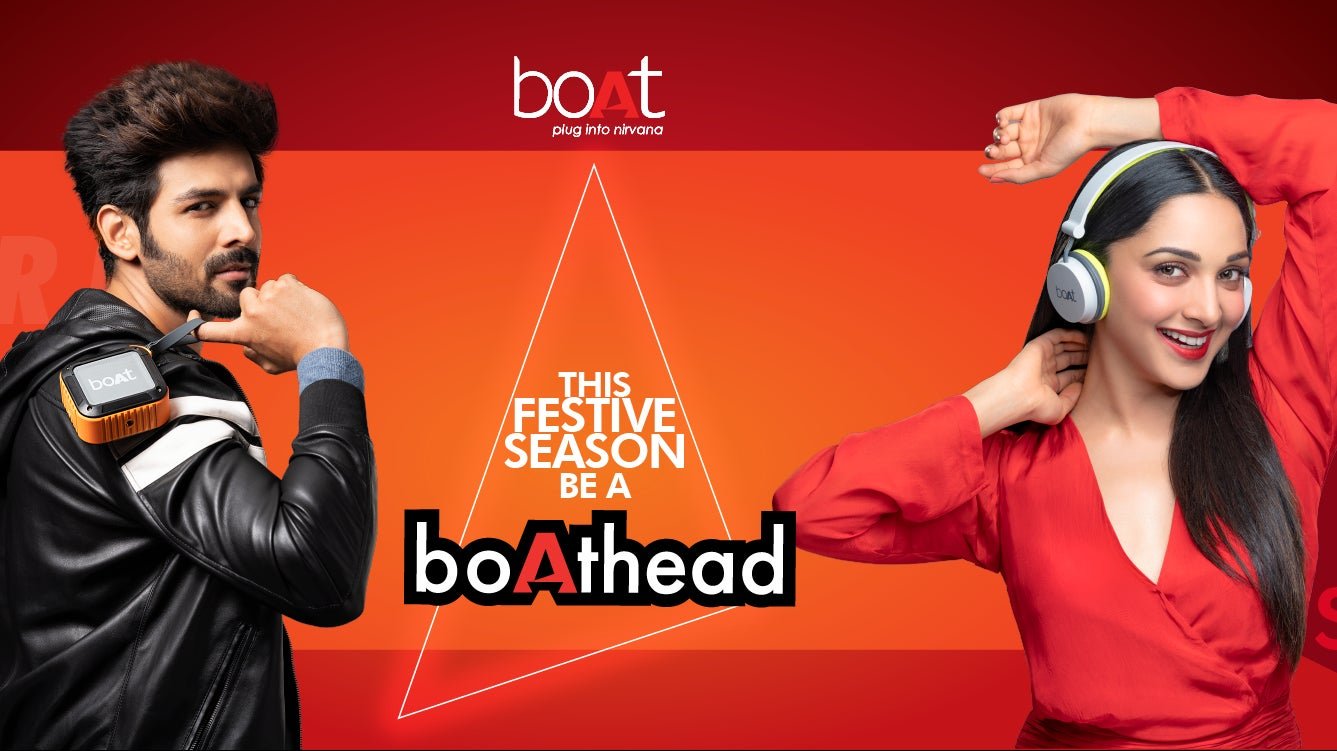Inside IPO-bound boAt’s quest to scale startups in India
A mere six years since its inception, an Indian consumer electronics hardware brand is eyeing a $266 million IPO at a $1.5 billion valuation. And it is now looking to spread the good word among companies eyeing a similar trajectory.


A mere six years since its inception, an Indian consumer electronics hardware brand is eyeing a $266 million IPO at a $1.5 billion valuation. And it is now looking to spread the good word among companies eyeing a similar trajectory.
How did boAt get here? Mostly by building a portfolio of products that are aesthetically pleasing but still affordable—a hit among younger buyers.
For instance, at less than $30, its AirPod-like earbuds are nearly one-tenth the price of Apple’s product. Star-studded marketing campaigns based on the holy trinity of popular Indian subcultures—cricket, Bollywood, and music—no doubt helped boAt. It is now the country’s most popular headphone maker.
The growth wasn’t without hurdles, Imagine Marketing, boAt’s parent company, noted in the draft red herring prospectus (DRHP) it filed on Jan. 28. Geopolitical tensions with China, for one, weigh heavy as boAt designs in India but makes in China. Then there is the over-reliance on Amazon and Flipkart—over three-quarters of its revenues came from these in the past four years.
Nevertheless, its experience could come in handy for budding startups looking to scale up.
boAt’s investments on and off Shark Tank
Co-founder Aman Gupta was recently in the limelight as a judge on Shark Tank India’s first season. He has clocked the most investment activity among all judges, spending Rs6.7 crore across 23 deals. His choice of startups has been diverse, from yarn marketplace Yarn Bazaar to comfort-wear brands Freecultr and Bummer to popsicle brand Skippi Ice Pops.
But this is far from his first brush with investment.
Six months before e-commerce roll-up giant Thrasio entered India with a $500 million corpus in mid-January, the two boAt founders Gupta and Sameer Mehta backed 10club. The startup trying to build India’s Thrasio, wherein it “acquires, operates and grows” e-commerce brands, was just six months old when the two put their money behind it.
Last September, the duo participated in the pre-seed funding round for healthy-food brand WickedGud. Three months later, they backed logistics startup Shiprocket.
Now, boAt is reportedly setting up a fund to invest in early-stage D2C brands. “The fund size is being finalised. It will essentially invest in promising brands early on,” a source told the Economic Times.
Besides money, boAt brings first-hand experience to the table.
Why boAt can lead by example
The Zara of earphone companies, boAt can serve as a poster child for Indian startups in many ways.
“boAt is one of the high performing companies in our portfolio, which has not only grown over 3X since we started the relationship but has managed to do that while being profitable,” Ashish Sharma, CEOof Innoven Capital India, told Mint in September 2020. “It’s a perfect case study on how to build a new-age brand, through superior customer insights, effective marketing and relentless execution.”
For one, the founders have years of industry experience. Gupta was the sales director for JBL; Mehta owns gaming accessories firm Redwood Interactive.
Over the years, the two have retained control of their acquisitions. They control a majority in the startup at the time of its IPO. In comparison, Paytm’s founder, Vijay Shekhar Sharma, owned less than 10% and Zomato’s Deepinder Goyal under 5% at the time of their respective market debuts last year.
Furthermore, the company is a lesson in diversification.
Success aside, a strong rival’s emergence or a sudden stalling of production could derail any business. That’s why boAt has several related but different products. Apart from headphones, the Mumbai-based firm makes smartwatches, fitness bands, gaming controllers, portable battery packs, and more.
In 2019, up to 96% of boAt’s business came from audio equipment and none from wearables. Now, the former still captures the highest revenue share at 83%, but the latter accounts for a sizeable 14%, the company’s DRHP says.
Even in terms of sales avenues, it hasn’t limited itself to online retail. In 2018, it carved out an offline expansion strategy.
With part of the IPO proceeds, boAt intends to pay its past debts—the company had total borrowings of Rs 764.18 crore as of December 2021—or “prepay” current debts. Such housekeeping will help the firm have more financial flexibility, taking repayment off the priority list and making room for bigger operational expenses, capital purchases, and marketing spends.
Last but not the least, it’s mitigating its biggest risk—boAt is pulling its manufacturing roots out of China. At the beginning of this year, 90% of boAt’s goods were made in China and less than 10% in India. In January, it signed a 50-50 joint venture with electronics manufacturer Dixon Technologies to make 50% of its wireless audio products locally over the next four years.